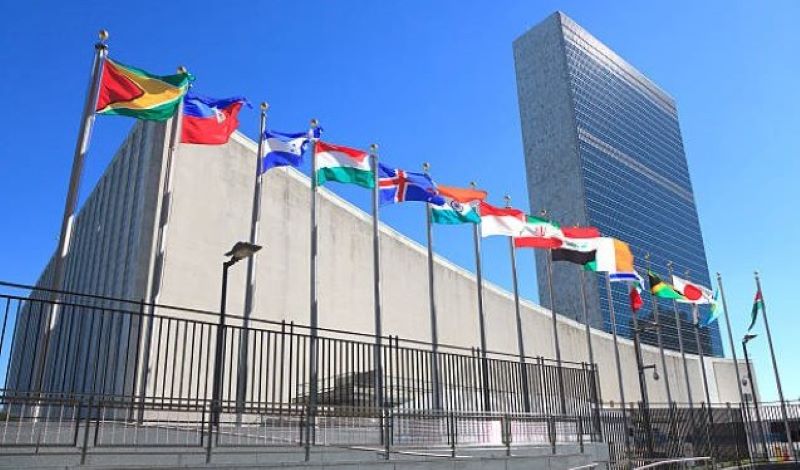New York— A harrowing report from UN Women and the UN Office on Drugs and Crime has identified the home as the most perilous place for women and girls globally, with intimate partners and family members responsible for a devastating number of murders each year. The report, released on the International Day for the Elimination of Violence Against Women, estimates that 140 women and girls are killed daily in domestic settings, translating to a staggering 51,100 victims worldwide in 2023.
This marks a slight increase from the previous year and underscores the enduring crisis of gender-based violence. “Women and girls everywhere continue to be affected by this extreme form of gender-based violence, and no region is excluded,” the report emphasizes, highlighting that domestic violence remains a global epidemic.
Regional Disparities in Domestic Violence
Africa recorded the highest number of victims, both in raw figures and relative to population size. With an estimated 21,700 victims in 2023, the region’s rate of 2.9 victims per 100,000 people far surpasses other areas. The Americas and Oceania follow with 1.6 and 1.5 victims per 100,000 people, respectively. Asia and Europe report comparatively lower rates, at 0.8 and 0.6 victims per 100,000 people.
Gender Disparities in Violence
While men account for 80% of all homicide victims globally, the majority of these incidents occur outside the home. In contrast, nearly 60% of all women intentionally killed in 2023 were victims of intimate partner or family member homicide, illustrating the unique vulnerability of women to lethal violence within the domestic sphere.
“Despite steps being taken to prevent the killing of women, the killings remain at alarmingly high levels,” the report notes, calling domestic violence a preventable crime often rooted in repeated acts of gender-based abuse.
A Call for Action
UN agencies stress the urgent need for governments to implement timely and effective interventions to combat domestic violence. These include legal protections, public awareness campaigns, and comprehensive support systems to safeguard women and girls from harm within their homes.
The findings serve as a stark reminder that more aggressive and coordinated global efforts are needed to address the systemic causes of domestic violence





